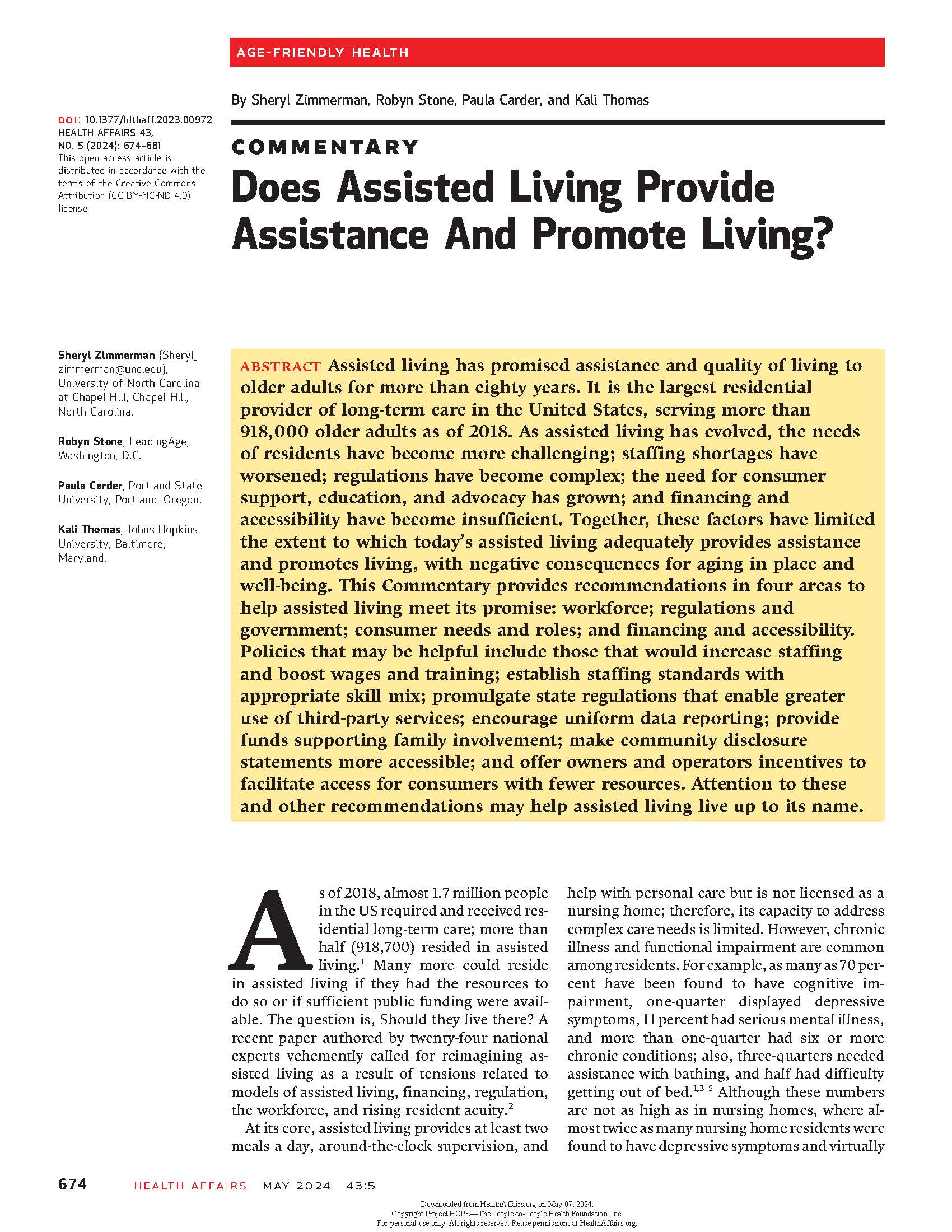Background: The purpose of this study was to explore the contrasting experiences of two routine powered mobility device (PMD) users in an assisted living facility (ALF).
Method: A case study approach using three forms of data (semi-structured interview, observation, and media collection of pictures) was used to formulate a comprehensive description of the two PMD user’s experiences. Data analysis was completed using line-by-line coding and in vivo to generate possible themes. Process coding, descriptive coding, and analytic memos were then employed to better understand the connection of the data and ensure themes generated were appropriate.
Results: Following data analysis, five themes emerged from the data: (a) “I swore I’d never be in a wheelchair” – Initial disapproval, (b) “Because I lost my leg” – The need to use a power wheelchair, (c) “I don’t know what I’d do without it” – Independence and usability, (d) “If somebody tells you STOP! You stop” – Adaptations for safety, and (e) “They just put me in it and let me go” – Lack of training.
Conclusion: The importance of screening users before implementing a PMD and providing training to all PMD users when provided is indicated.


